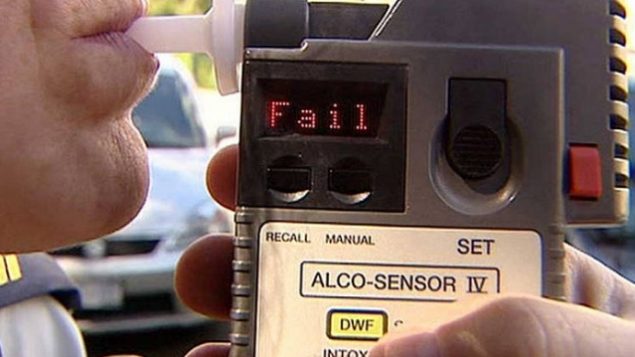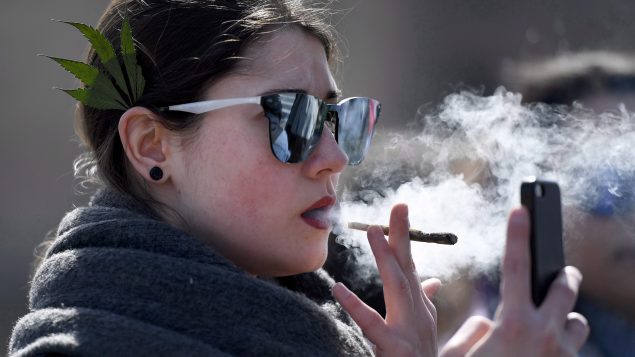The Canadian government plans to legalize the recreational use of marijuana in the next few months and that will mean changes for police forces across the country.
Currently, police are not very much interested in arresting people for possession of small quantities of cannabis, says Michael Kempa, director of criminology at the University of Ottawa. However, he says officers do use suspected possession to obtain search warrants when they want to investigate more serious crimes, and they will soon not be able to do that.

Prof. Michael Kempa says police will shift their focus from prosecution to public safety and community health once the recreational use of cannabis is legalized. (University of Ottawa)
Focus shifts to health and safety
Once cannabis is legalized, police will have to change their focus. “Once something is no longer a criminal issue, it stops becoming about prosecution and the shift moves over entirely to public safety and community health,” says Kempa.
One of the safety issues is driving while stoned. Where alcohol is concerned, there is clear evidence about quantities and the effects they have on such things as reflexes and depth perception. It is easy to set limits and to test drivers to see how much they have consumed. Not so with cannabis.

While there are good roadside tests for drivers who have consumed alcohol, there is nothing similar to quickly and accurately test for the consumption of cannabis. (CBC)
Effects on driving unclear
“First of all, we don’t know what the safe number is for how much marijuana you can have in your system—THC—and drive a car,” says Kempa. “And even if we knew that number the second problem is we can’t test for it effectively at the side of the road.”
There are blood tests that can be done at a police station, but that takes longer and Kempa says police cannot do hundreds and thousands of tests on a daily basis. “But…it’s not the number of convictions that is so important. It’s the fact that the police are doing this that communicates to the public that driving stoned is not acceptable.”
Police chiefs have argued that they don’t have enough time to train their officers, but Kempa is not too concerned. As with all large bureaucracies, he says, they will adapt in time.
Benefits will outweigh the nuisance, says criminologist
“Ready or not the time is now because the benefits of doing this are going to outweigh the hassles,” he says. “You take a look at a couple of places around the world that have embarked on similar programs for regulated decriminalization…you take such a bite out of the amount of money that the black market for marijuana generates for organized crime, that the benefits to society outweigh the nuisances.
He adds that police will “have so many more resources available to deal with serious issues, that the nuisance to us of getting used to a new system ends up to be worth it.”







For reasons beyond our control, and for an undetermined period of time, our comment section is now closed. However, our social networks remain open to your contributions.